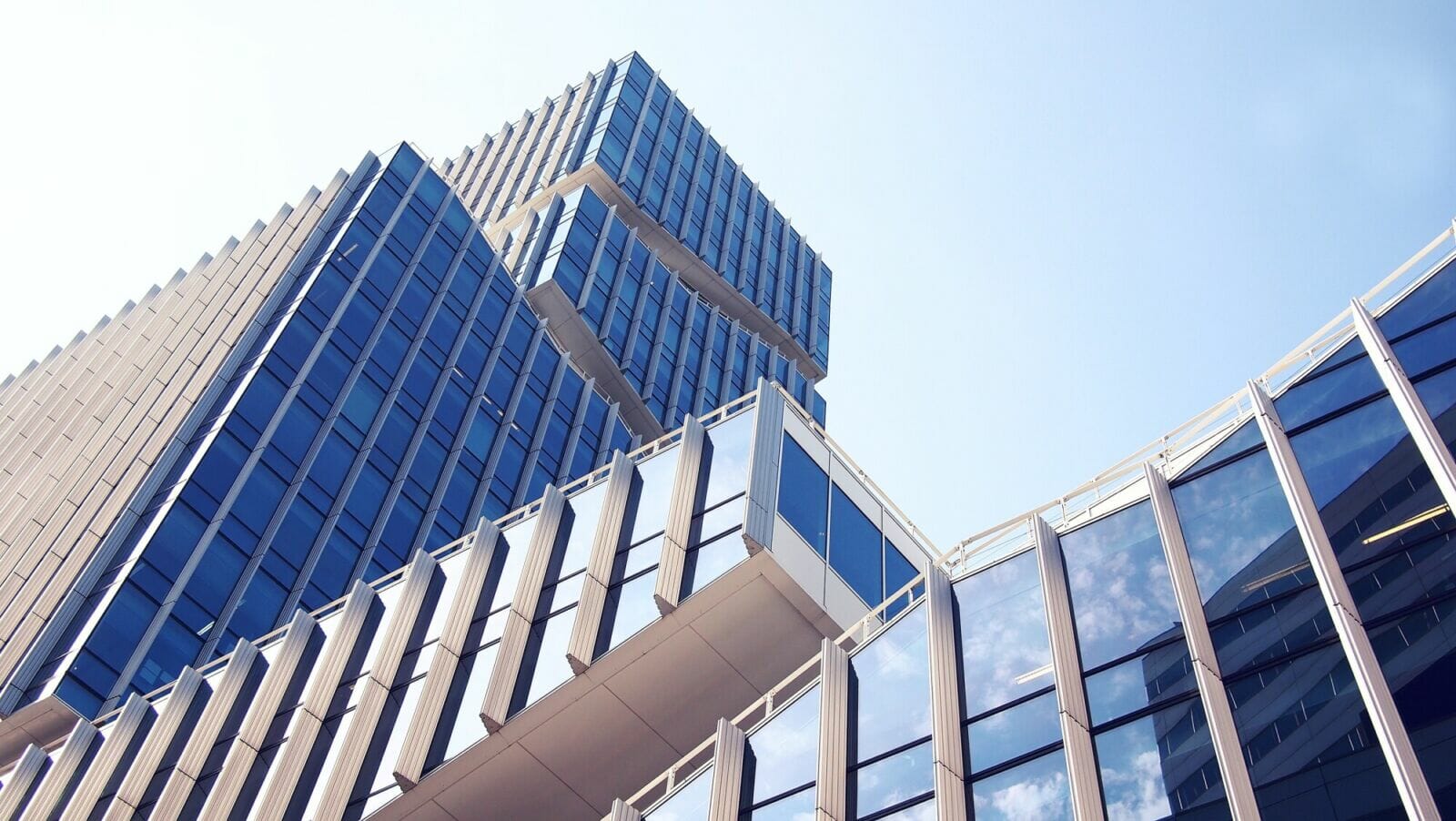As a commercial building owner, you have a never-ending to-do list.
Scheduling cleanings, keeping light fixtures working, repairing equipment, maintaining the landscape, pressure washing hardscapes, and more! It can be easy to get so caught up in the smaller tasks, that you forget about the most important one — roof maintenance.
If you’re thinking it’s time to repair or replace your building’s roof, then this article is for you. We’ll go over some of the different commercial building roof types, so you can decide which material and style would work for you.
What are the top things to consider when choosing a roofing material? Read on to find out.
BUR for Commercial Roofing
One of the first commercial building roof types is the built-up roof system, otherwise called BUR. This system has been around for decades and provides reliable roofing results. Commercial building owners with flat roofs or low slope roofs can benefit from BUR systems.
What makes BUR systems so popular? It’s hard for water to get through them!
A built-up roof system uses multiple layers of asphalt along with ply sheets. On the very top, all of the layers have a flood coat. The flood coat will be made of asphalt material and granules.
Sometimes built-up roofs will have a cap sheet instead. The cap sheet will have a white coating, and it helps reflect the sun’s rays away from the building.
Many commercial building owners prefer the white cap over the flood coat because of the potential to save on energy costs. Since the white coating will keep the sun rays away, they won’t have to crank the AC as low.
The multiple-layer approach makes the built-up roofing system great for heavy-duty commercial protection. The time-tested technology can also help building owners cut down on roofing maintenance. The building owner can simply pay to have the top layers replaced, saving them a ton of money.
It’s also possible to qualify for warranties and guarantees when you’re getting a built-up roofing system installed. You can ask the company if they can warranty up to 20 years. Depending on the materials they’re using, they might even be able to extend the warranty further.
Reliable PVC Commercial Roof
Polyvinyl chloride, otherwise called PVC, is a single-ply roofing system. The cool roofing material carries a cool roof rating and energy star rating.
If you weren’t already aware, PVC is robust. The material can easily exceed the legal testing standards of roofing materials.
Since PVC is so durable, it’s easy to weld it at the seams. Unlike other materials that require tape seams, you can weld PVC directly together. You can also attach metal flashing and other components using adhesives.
PVC roof types will be able to contract and expand with the building. You can even go one step further by having the PVC sealed with solvent welding.
PVC can protect a commercial roof against water, chemicals, UV rays, and fires. Since PVC is so weather-resistant, you won’t have to worry about it becoming discolored in the sun’s rays.
Be careful when you’re choosing a company to install your PVC roof. The PVC material and quality can vary a lot from one supplier to the next.
You’ll want to make sure you’re going with a company with a long track record in the roofing market. You can click here to learn more about finding the right team for the job.
Less Expensive TPO Commercial Roofing
If you’re working with a strict roofing budget, you should consider getting a TPO roofing system. TPO membrane is a less expensive roofing material when compared to PVC.
Even though it cost less, you’ll still be able to enjoy an energy STAR certified cool roof. TPO is also more flexible than PVC. You won’t have to worry about your commercial roof tearing or becoming damaged if something hits it.
What About EPDM for a Commercial Building?
Another PVC-like material is EPDM. EPDM is even cheaper than TPO, and it’s excellent for low-slope roofs.
EPDM is usually a less expensive material than PVC, and it’s also easier to install. You’ll be able to pay less for labor costs and not have to wait as long to have your new roof.
Long-Lasting Metal Roof Types
If expense isn’t an option, metal roofs are always a great choice. Metal roofing materials are considered premium roofing products, and they’re going to cost about 10 times more than traditional asphalt shingles.
Not only will you pay more for the material, but you’re also going to pay more for the installation labor. Installing a metal roof requires specialized training along with particular tools. Over time you’ll be able to recoup on your investment, though.
Right off the bat, you’ll be able to enjoy the convenience of not having to remove your old roofing. As long as the company you’re hiring has experience installing commercial metal roofs over old ones, you’ll be able to cut down on labor costs. Since your metal roof will outlast any kind of asphalt material, the investment will pay for itself over the decades.
Are metal roofs loud? A properly installed metal roof won’t have any noise problems. When the material is placed correctly and has the proper insulation, it won’t be louder than any other roofing material.
Traditional roofing materials like asphalt are susceptible to fire, rodents, mold, and insects. The resilient metal material doesn’t have this problem. Metal can hold up against the fiercest of weather conditions and the most persistent bees.
You’ll be able to rest easy knowing your commercial building is safe and secure. As a bonus, metal roofs are beautiful. The visually appealing roof will be memorable for current customers and potential clients.
Commercial Building Roof Types for Every Budget
Now you know about the different commercial building roof types. Think long-term to make sure you’re purchasing a roof that will serve all your needs.
If you live somewhere with extreme weather conditions, we suggest looking for a company specializing in metal roofing. Whereas, if you’re only going to own the building for a little while, a PVC roof could be the perfect solution.
Start getting roofing quotes today. Remember to check the companies track record before making a hiring choice. For more ways to keep your company on the right track; check out the rest of this site.




